Today In Black History: October 17, 1888 Capital Saving Banks Opens

On Oct. 17, 1888, Capital Savings Bank, the first bank organized and operated by African-Americans, was founded in Washington, D.C. Capital Savings BankCapital Savings helped stimulate Black entrepreneurship by offering loans to Black-owned businesses and landowners when white-owned banks would not. Confidence in the bank continued to grow, and, by 1892, deposits were estimated at $300,000.
Although Capital Savings Bank closed its doors in 1902, it became a model for other Black-owned banks across the country. Between 1888 and 1934, 134 Black banks were established, and from 1867 through 1917, the number of Black businesses increased from 4,000 to 50,000, the Board of Governors of the Federal Reserve System reports.
Major General Rogers’ life and career exemplified the highest values of the United States military—honor, courage, and selfless service. His battlefield heroism, exemplary leadership, and post-military contributions have left an indelible mark on the United States Armed Forces and American history. As a soldier, leader, and mentor, his story continues to inspire future generations to serve with distinction and uphold the values he so passionately defended.
Wilt Chamberlain’s legendary 100-point game, a remarkable feat in NBA history, occurred on March 2, 1962—a date that holds significant importance as it marks 63 years since this extraordinary event. On that fateful day, Chamberlain, a formidable player for the Philadelphia Warriors, took on the New York Knicks at Hershey Sports Arena in Hershey, Pennsylvania. The Warriors emerged victorious with a score of 169-147, but the true significance of the game lies in Chamberlain’s individual accomplishment.
The Orangeburg Massacre occurred on February 8, 1968, at South Carolina State University in Orangeburg, South Carolina, culminating a series of protests led by students from South Carolina State College and Claflin University against the racial segregation practices at the local All-Star Bowling Lane. Over several days, these students sought to desegregate the facility as part of broader civil rights activism.
Black History Month, observed annually in February across the United States and Canada, traces its origins to "Negro History Week," initiated by historian Carter G. Woodson in 1926.
While it is a concept rooted in family heritage and shared legacy, heirs' property has become a double-edged sword for the Black community in the United States, particularly in the rural South. This type of ownership has not only shaped the cultural and economic landscapes of these communities but also contributed significantly to the erosion of Black wealth and the loss of inheritance over the decades.
In April 1957, Johnson Hinton came upon a couple of police officers who were clubbing a man named Reese V. Poe on the corner of 125th Street and 7th Avenue in Harlem. Hinton called out to the officers: “You’re not in Alabama – this is New York! ” The police then turned their nightsticks on Hinton clubbing him and cracking his skull. The officers subsequently handcuffed Hinton and took him to the 28th precinct stationhouse. By the time the evening arrived, over 2,000 people were surrounding the precinct demanding that Hinton be provided with adequate medical attention.
Johnson X Hinton, it turns out, was a black Muslim who belonged to Mosque Number Seven, the largest mosque in the country – led by a 31-year-old preacher named Malcolm X.
Nikki Giovanni, born Yolande Cornelia Giovanni Jr. on June 7, 1943, in Knoxville, Tennessee, is an influential American poet, activist, and educator whose work spans several decades, deeply influencing the landscape of African American literature.
As we navigate the energies of September 2024, let these tarotscopes serve as a guiding light on your journey. The insights and revelations offered by the cards can help illuminate your path, providing clarity and encouragement as you face the month ahead. Remember, while the tarot offers valuable guidance, your intuition and actions are powerful tools in shaping your destiny.
July 2024 presents unique opportunities and challenges for each zodiac sign. By understanding the planetary influences and aligning with the energies of your sign, you can navigate this month with confidence and grace. Embrace the guidance provided by the stars and trust in your journey, making the most of the opportunities that come your way.

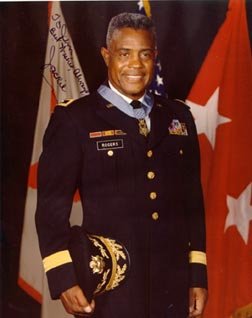

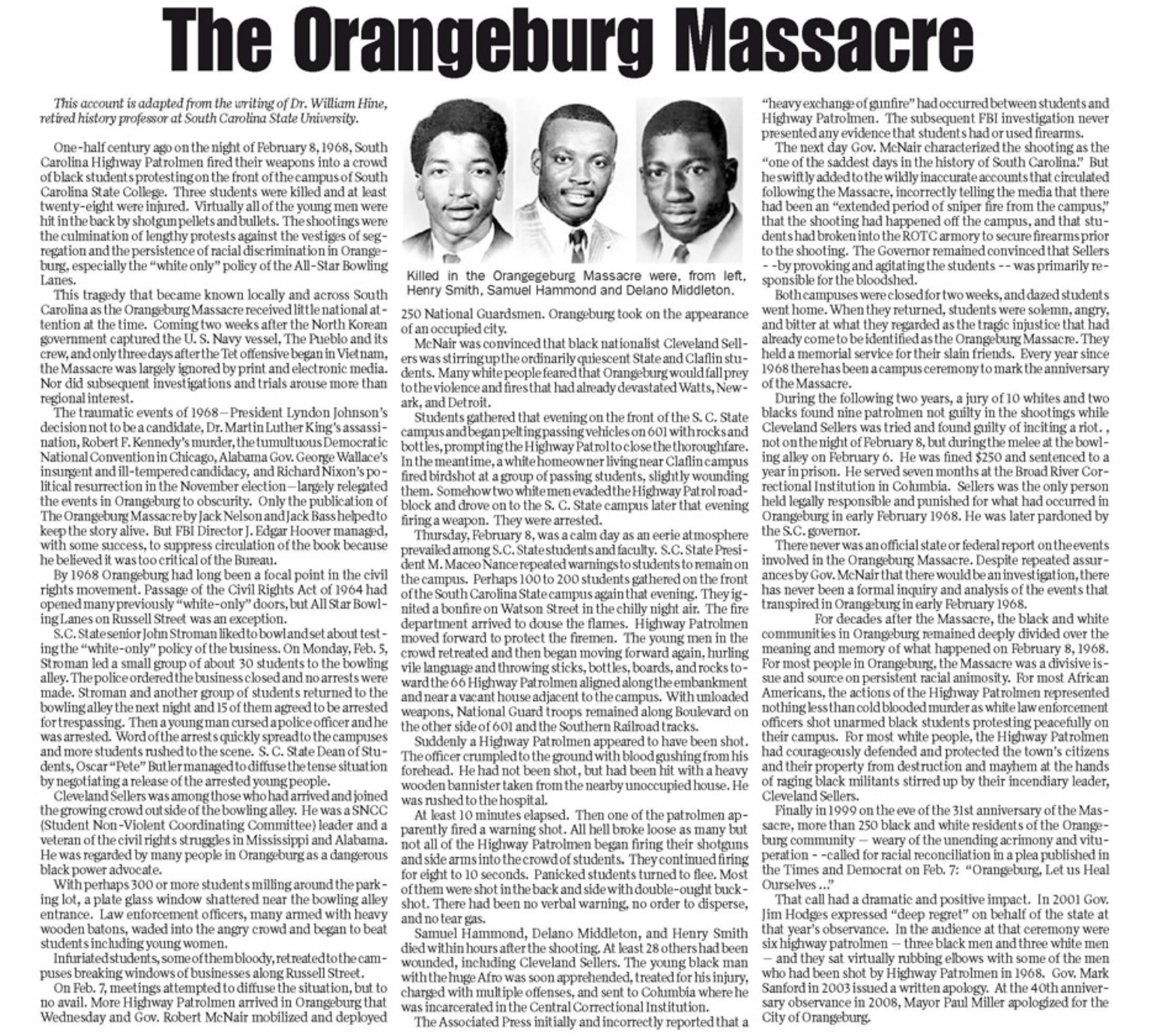
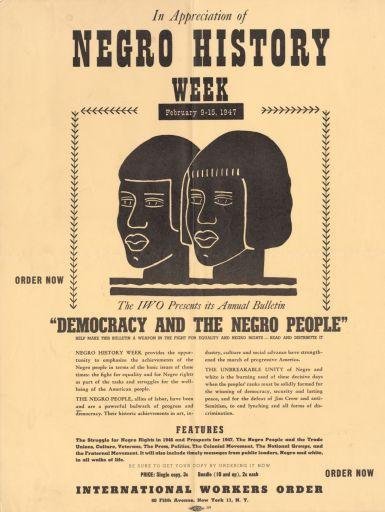
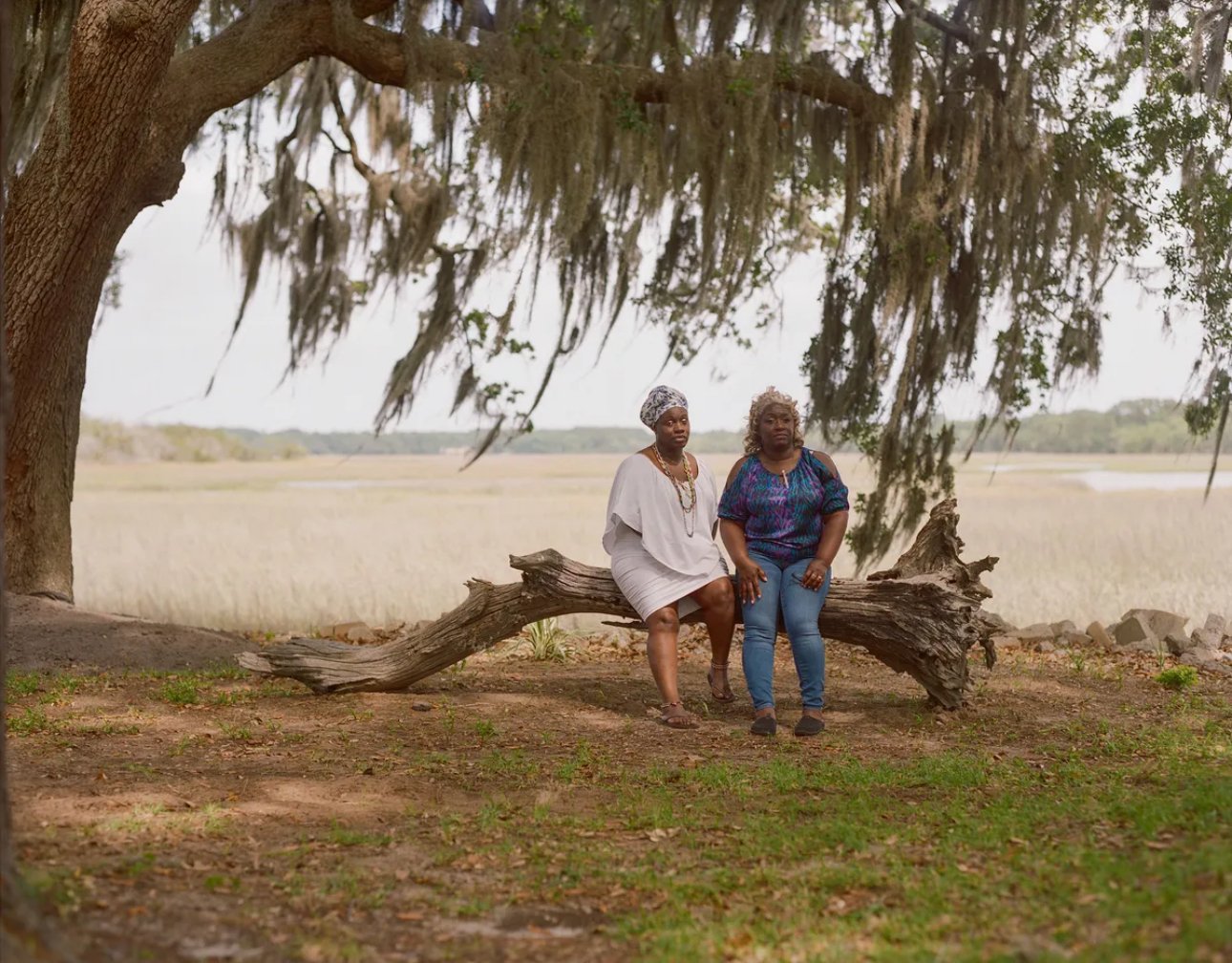
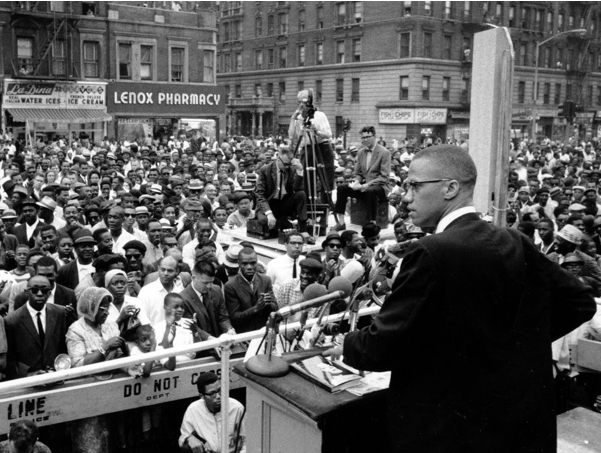



Dr. Martin Luther King Jr. was one of the most influential figures in American history. As the face of the civil rights movement, his leadership and commitment to nonviolent protest reshaped the national dialogue around race, equality, and justice. His assassination on April 4, 1968, in Memphis, Tennessee, shocked the nation and the world.